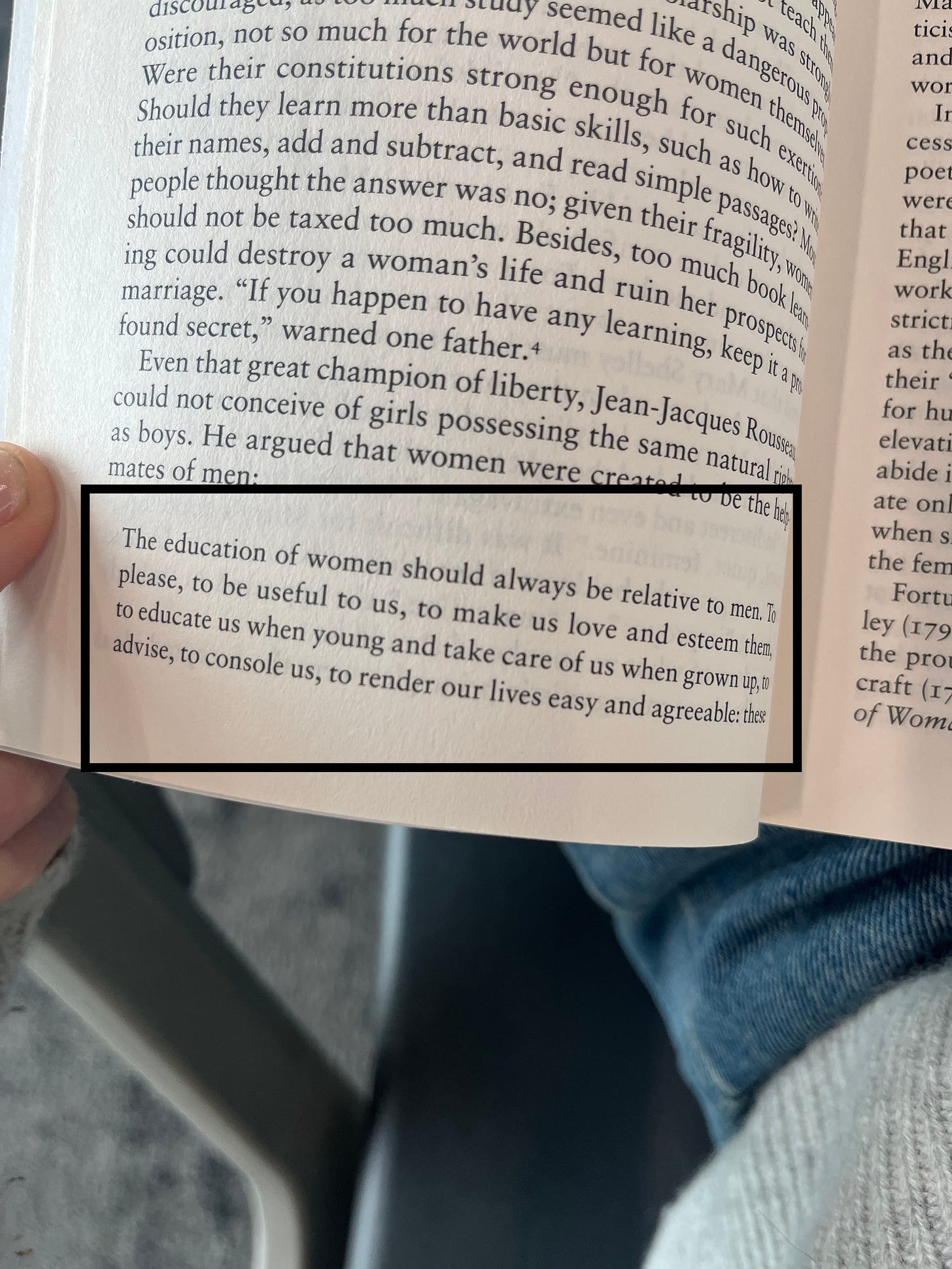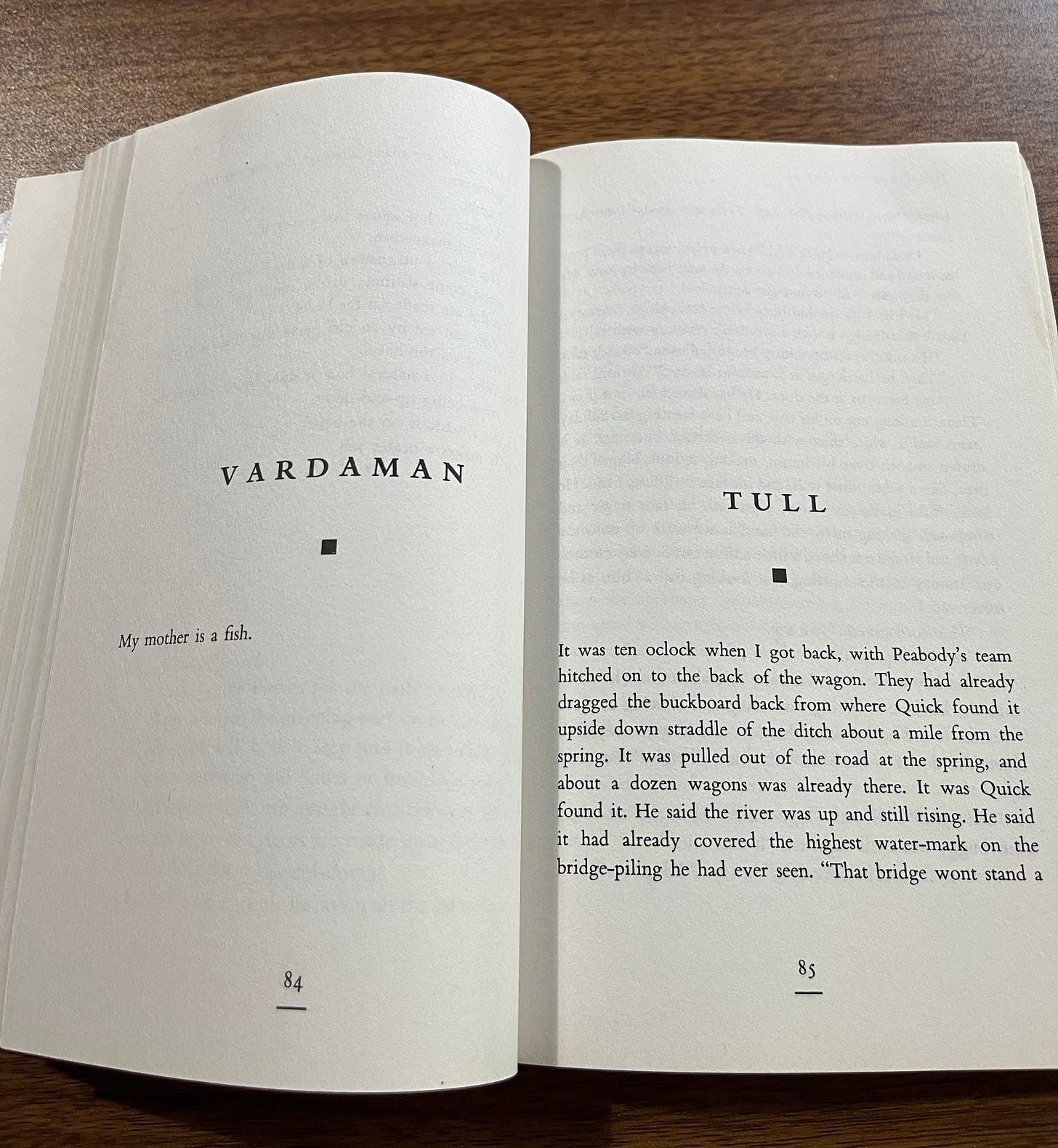May- The thrill of the hunt and passing the Bechdel Test
Plus, what you can do to help your neighbors in Nashville
Each day the bookstore is open, we like to throw open the front door and let in the breeze as the sun heats up the sidewalk. When you can see inside, past the tint of the windows and the big white logo, my hope is it’s easier to step in and browse. Part of the reason I love bookstores so much, especially used bookstores, is that you never really know what you’ll find. It’s always a hunt, and it requires time to go through each of the shelves, cranking your neck to read all the spines. To me, that slow down and silent shuffling through pages is part of what makes a bookstore so magical.
Outside of the bookstore, as we look past the season and look around at our neighbors and community, life is harder. As many know, ICE has been harassing and detaining people and families throughout South Nashville. We have to protect each other now and always. For ways to help, here are a few organizations doing great work:
Tennessee Immigrant & Refugee Rights Coalition
Reading Lately
In between it all, these are the books I’ve been reading this month, if you want to find out! Have you read these? What did you think of them?
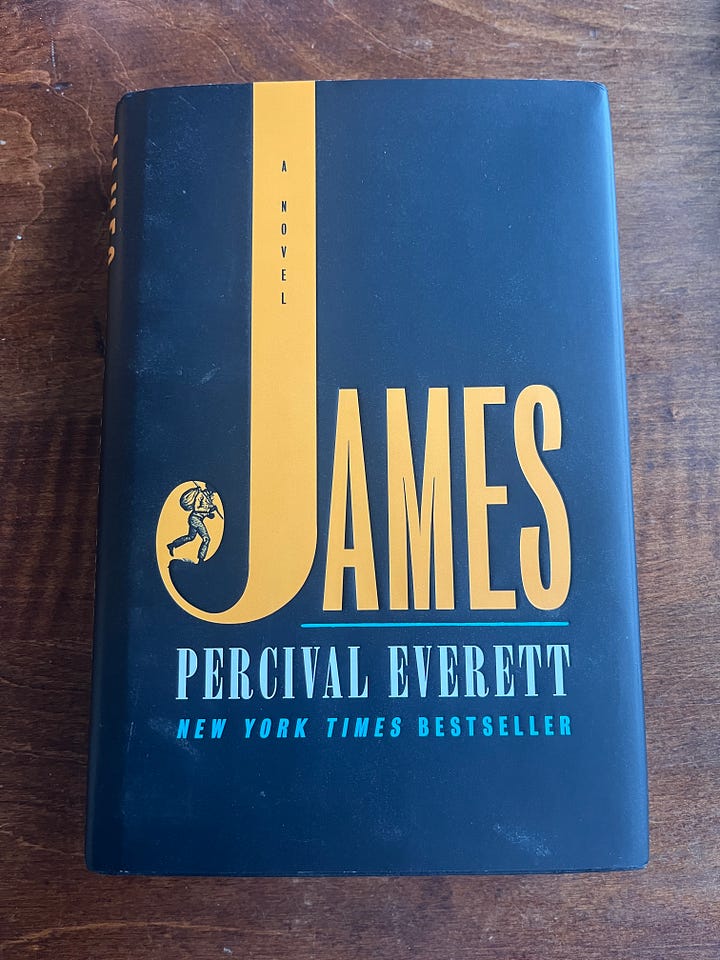

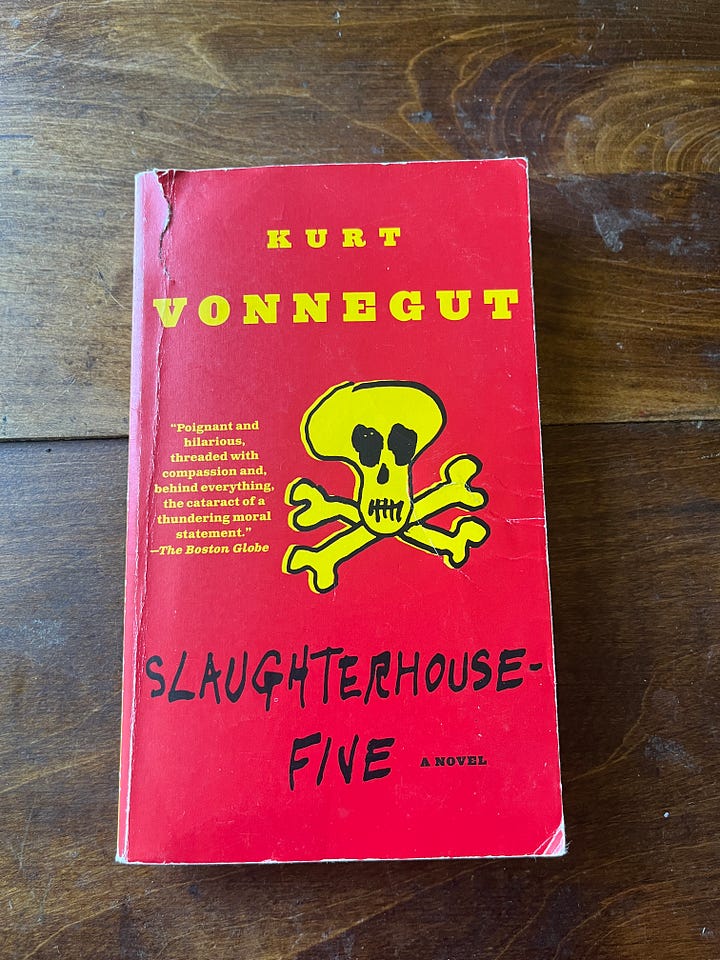
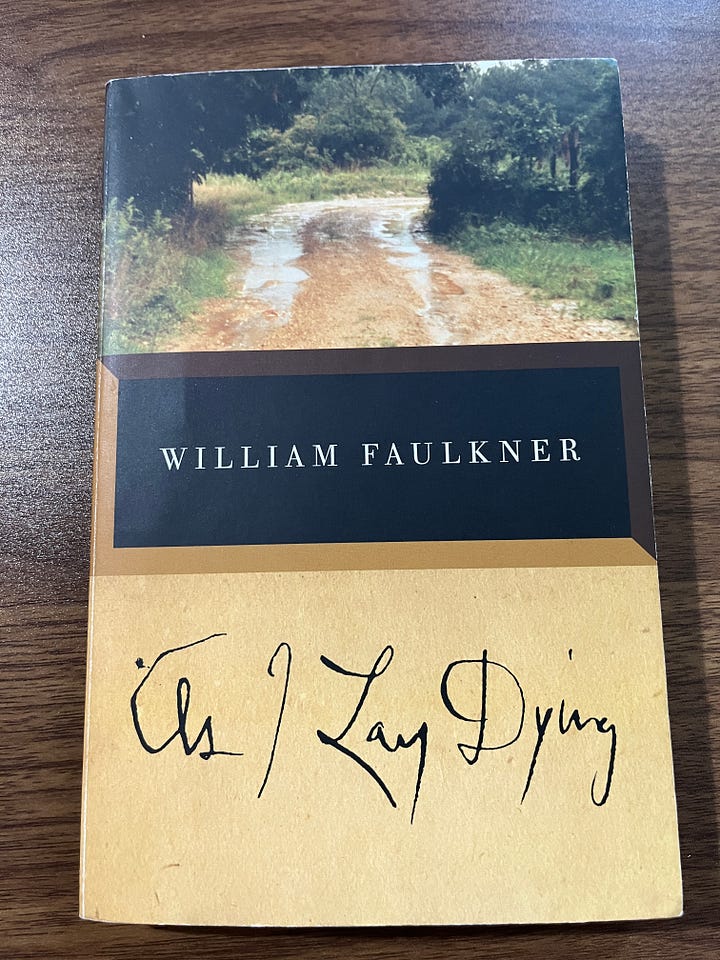
James by Percival Everett - I’d been looking forward to reading this for a while because it’s gotten such high praise since it came out a year ago. It recently won the Pulitzer Prize for Literature. This is the story of The Adventures of Huckleberry Finn from Jim’s perspective as he flees slavery. The book and the writing is beautiful. I’ve been reading these re-imaginings of novels lately (such as March by Geraldine Brooks, and I was just listening to something about how Demon Copperhead is interconnected with David Copperfield), and I think it’s a really intelligent, engaging way to grapple with literary history.
In James, the absurdity of the line between races is laid bare. We repeatedly see one character scan the face, the hair, the body of another to determine who they are, how to treat them. People pass for white knowingly and unknowingly, and their whole lives change because of it.
The dynamic between Jim (James) and Huck is another revelatory aspect of the book. The deep hate Jim holds for the people that have tortured and killed enslaved people hits up against this humanity and care for Huck, because despite Huck’s ignorance and his condescending remarks, he is a child, and Jim takes care of him whether he deserves it or not.
Frankenstein by Mary Shelley: I didn’t expect Frankenstein to be so introspective. What I did expect was the story of a monster in a science lab, and that’s there, but this is more of a book about what it means to be human, how loneliness and abuse breed violence, and the torture of a guilty conscience.
The introduction of this version of the book made me aware that Mary Shelley is Mary Wollstonecraft’s (and William Godwin’s) daughter, and the impact of those two women on literature, who writes it and who it is written for, was transformational. Shelley first published this novel anonymously, but once it was revealed that a woman wrote the story, it received harsh criticism. After all, this was largely the attitude towards the intellect of women at the time:
There’s a scene in the book when a man is preparing to go to England to further his education, and a woman laments at her lack of opportunity to “enlarge her experience”. It’s a brief moment, but a moment rare in early 19th century literature. It’s a moment where the women’s perspective is included and her yearning for growth and knowledge is clear.
Slaughterhouse Five by Kurt Vonnegut - I had never read any Vonnegut before, somehow not even Slaughterhouse Five. The book is a tragic, absurd dive into a soldier’s experience of World War II and the impact violence and that scale of death have on the men involved for the rest of their lives. The writing feels very conversational and it’s humorous even as it hits on real, painful experiences.
However, I’ve been thinking a lot about the Bechdel Test lately. If you’re not familiar, the criteria for the Bechdel Test is that a book, movie, etc has at least two women speaking to each other about something other than a man. The bar is low! And it’s shocking how often it isn’t met. Slaughterhouse Five did not pass, and as a reader, I felt pretty frustrated by the depictions of women as either nagging idiots with thick legs or movie stars having sex with someone. I always wonder how it can even be possible to fail this test — if there aren’t women in a novel, it feels like it can never tell the full truth. (For the record, James also fails. Frankenstein passes.)
As I Lay Dying by William Faulkner - This was also my first foray into Faulkner, the literary icon of the South. This novel reads like poetry. It plays with language and perspective to grasp at something beyond the facts as a family deals with the death of their mother. I think a book like this lends itself to longer periods of reading so you can get into the rhythm and start to hear it in your head. (By the way, As I Lay Dying passes the Bechdel Test!)
Soundtrack of the store this month:
New (to me) words:
Opprobrium - harsh criticism or censure
Contumely - insolent or insulting language or treatment
Maladie du pays - homesickness (French)
I really appreciate you reading! Thank you!
Carrie



